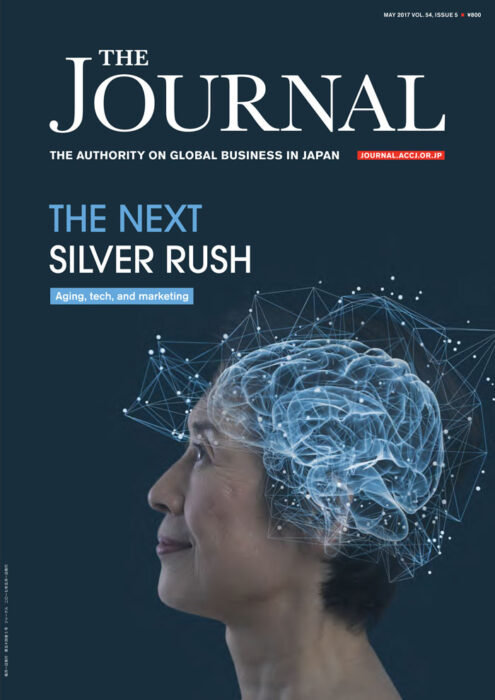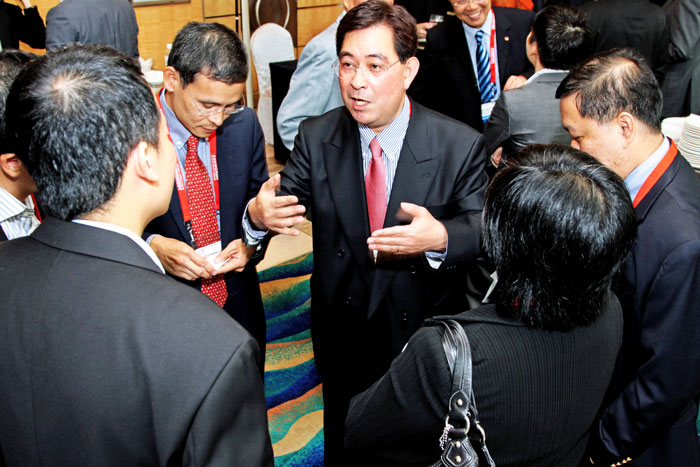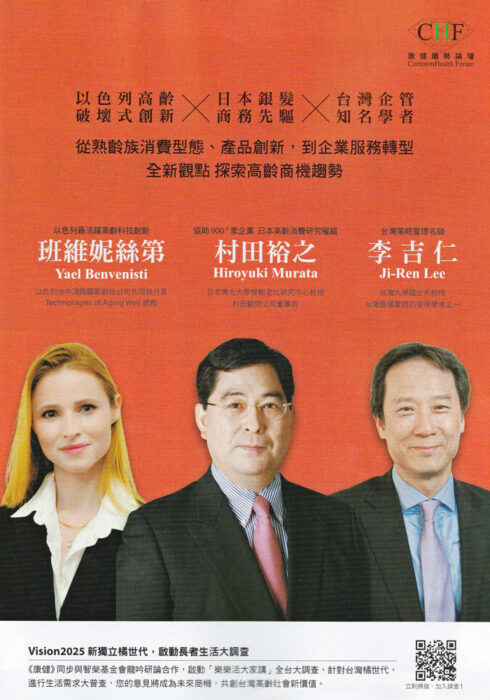The Journal 5月号
どの国でも数年おきにシニア市場が注目される傾向が見られる
在日米国商工会議所が発行するThe Journal 5月号の特集「The Next Silver Rush」に私への取材を基にした引用記事が掲載されました。
今回の特集タイトルは「The Next Silver Rush」ですが、興味深いことに、日本をはじめ、どの国でも数年おきにSilver Rush=シニアビジネス・シニア市場への注目が起きる傾向があります。
日本では2000年頃、2004年頃、2007年(2007年問題が注目)、2012年(震災後)とほぼ4、5年に一度ブームが起きています。
シルバー市場?シニア市場?名称の使い方は国によって異なる
一方、この分野にSilverという名称を使う傾向もいくつかの国で共通に見られます。日本では80年代後半から始まりました。
Silverという言葉は、Silver Hair=白髪から来ています。白髪の人の市場=高齢者の市場という意味でシルバー市場と呼ばれてきました。
しかし、そろそろ、この言葉を使うのも時代遅れの感が否めません。記事掲載されて改めて感じました。なお、引用内容は次の通りです。
掲載原文(英語)
Smart Aging is a “revolutionary paradigm shift away” from negative beliefs around aging, according to Hiroyuki Murata, a professor at The Smart Ageing International Research Center at Tohoku University and CEO of the non-profit Center for Studies on Ageing Societies.
It accepts aging as part of life and focuses on making the most of seniors as mature intellectuals with life experience for broader societal benefit.
“In general, aging is considered negatively as the loss of something that people have in their youth, or as a form of regression,” Murata told The Journal. “A false image has been formed that aging is something like an illness or is ugly, and that young people are superior to the elderly in many respects.”
Seniors have knowledge and wisdom that is crucial for younger generations as the future leaders of Japan, according to Murata. However, the trend toward the nuclear family has made it difficult for the two to interact, and this is the gap the center hopes to fill.





